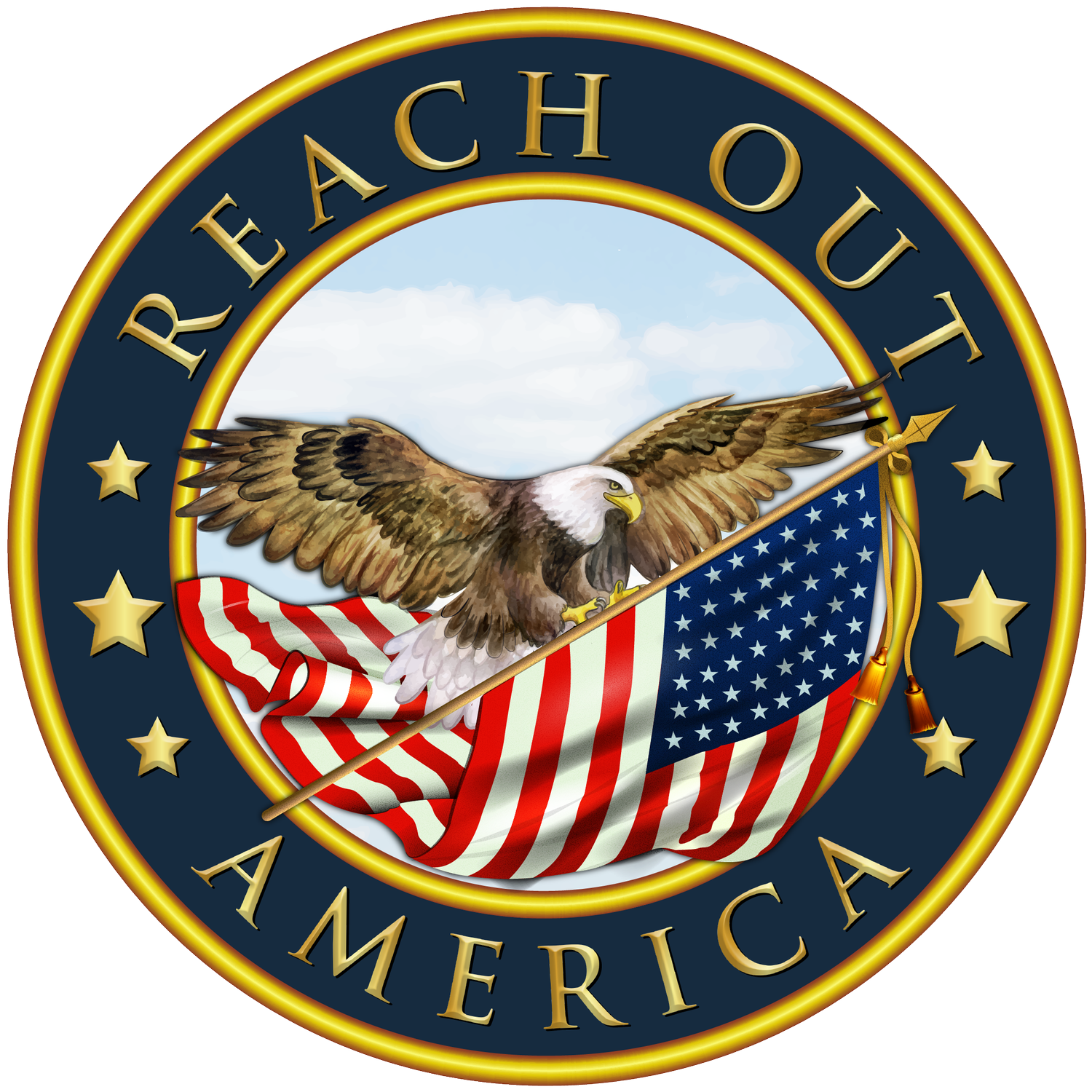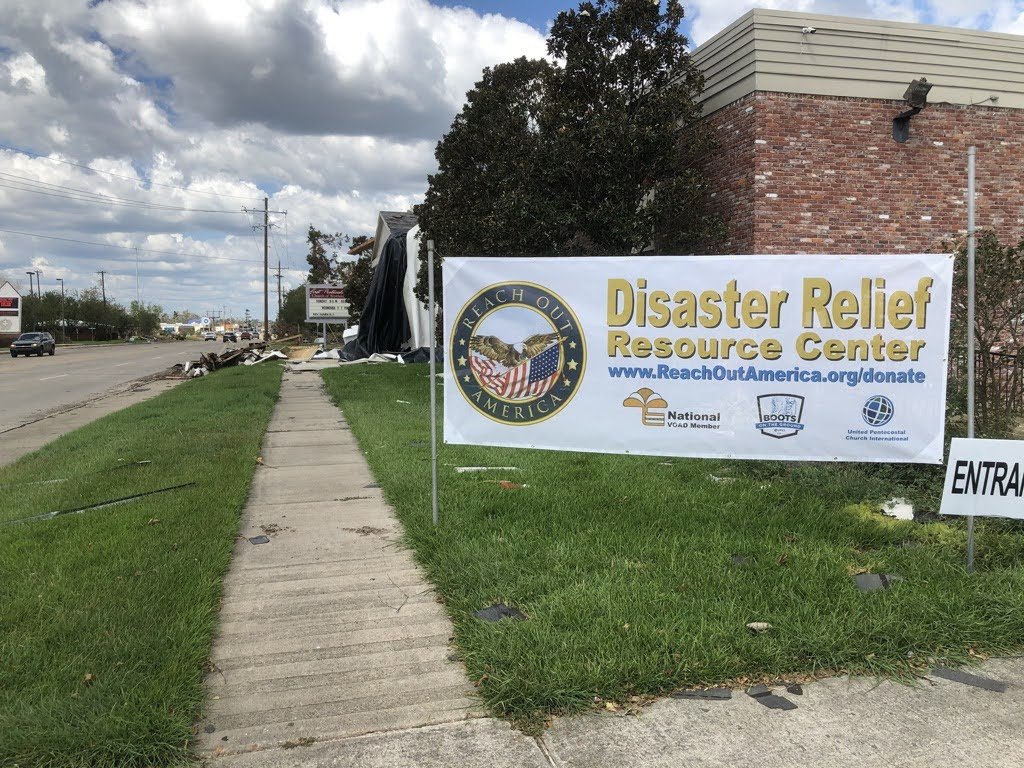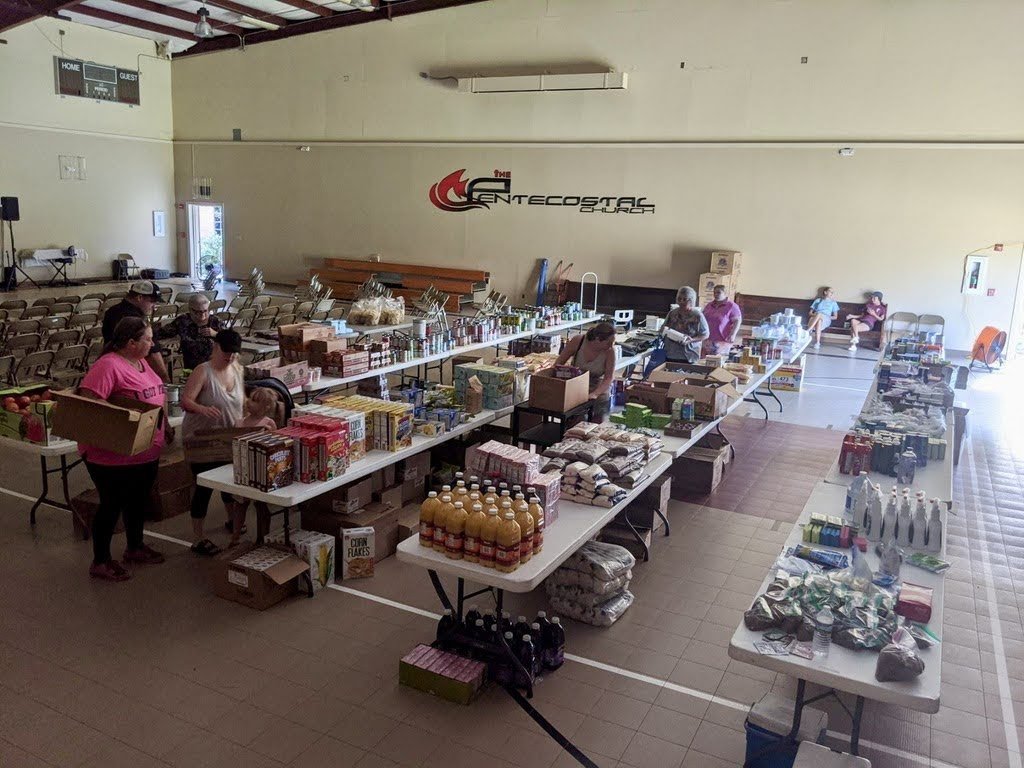
Take Action. Give Hope. Change Lives.
When Disaster Strikes
Individuals and families affected by a disaster experience an unwanted interruption in their lives. They feel displaced, unsure, threatened, unable, and may even feel very confused. Many times, they leave behind personal belongings to evacuate to safety and are without basic material needs.
In the early aftermath of a disaster
Reach Out America and local churches may organize efforts to reach out to their community’s disaster survivors providing some of the material goods individuals and families need. One way Reach Out America and churches reach out is by establishing Points of Distribution centers, or PODs, to meet the needs of the community.
Points of Distribution (PODs)
Typically, a church will open its fellowship hall/Gym or connect with a local business owner to temporarily provide warehouse space to store products we procure. They borrow a forklift and pallet jacks to move the product from the truck into the area to prepare for redistribution.
The local volunteers repackage the mass materials into distribution-sized boxes with composite products, such as a box of food, baby product, cleaning supplies, etc. We then help the church announce a distribution time and set up in the parking lot to pass out products as cars drive through, placing them into their trunk or back seat as they drive through, quickly distributing the product each family needs most efficiently and effectively possible.
“Both Hurricane Laura and Delta affected us. We lost all of our things in our apartment from the damage. While we had nothing, we set out to stay busy helping others. We were cutting down trees, cleaning up trash at people’s houses, feeding others, and assisting others with their needs. We wanted to help out and be a positive influence on our community. Thanks to Reach Out America, we could do that by bringing in supplies and giving those supplies out at our church. They were a huge blessing to us as well.”
Meet Steve and Lori Bruney, Reach Out America Volunteers
Become a partner with Reach Out America
Communication is key
When ROA sees a disaster forming preparation begins. Conference calls are set to activate people and resources in the affected areas. These conference calls include ROA board members, district superintendents, Men’s Ministry State Directors, FEMA, other charitable organizations, and local pastors. Supplies are coordinated to be delivered locally via churches. When we are active in a disaster, we will have daily conference calls updating all stakeholders at 4 pm EST. We use Zoom, so you can video chat or call in. The link will be published at the beginning of daily calls. To be prepared for meetings:
Have your list of issues and information prepared to report at every call
Have your questions prepared when you are done with your report
Distribution Details
Reach out America follows FEMA protocol and opens disaster relief sites (POD) with local or regional churches, establishes initial management, and begins distribution before turning operations over to church leadership. Emergency supplies are stored and distributed from a POD church that operates as a hub to enable distribution to other communities so that everyone in an affected area is served with supplies.
Our PODs provide disaster services to anyone in need regardless of gender, race, or religious beliefs.
We bring the goods, you provide the location.
ROA comes into a disaster with a plan to set up centralized distribution centers near heavily damaged areas, close enough to serve the affected communities, but not always in the center so as to have access and resources available to aid in distribution. After establishing a hub, we will reach out into the surrounding communities and find smaller venues that can act as distribution satellite hubs.
We work with the space you’ve got.
ROA deals with semi-load quantities; not every location can handle that quantity. But they may be able to handle 5 or 8 pallets. After the main distribution hubs are set up, we coordinate and share with those with the space and volunteers to handle smaller distribution locations. Satellite locations can pick up the product in trucks or box trucks. If possible, the hub may have access to volunteers and trucking to move products out to satellite locations, ensuring the product is distributed to where is needed most.
Primary Areas Of Service:
Through 27+ years of experience and partnerships with our churches, we gained extensive expertise in PODs (points of distribution), clean-up, and mucking out.
Through our partnership with the UPCI we have opportunities to provide Chaplaincy services and assist in filling out FEMA recovery applications with the mobilization of human resources within our churches.
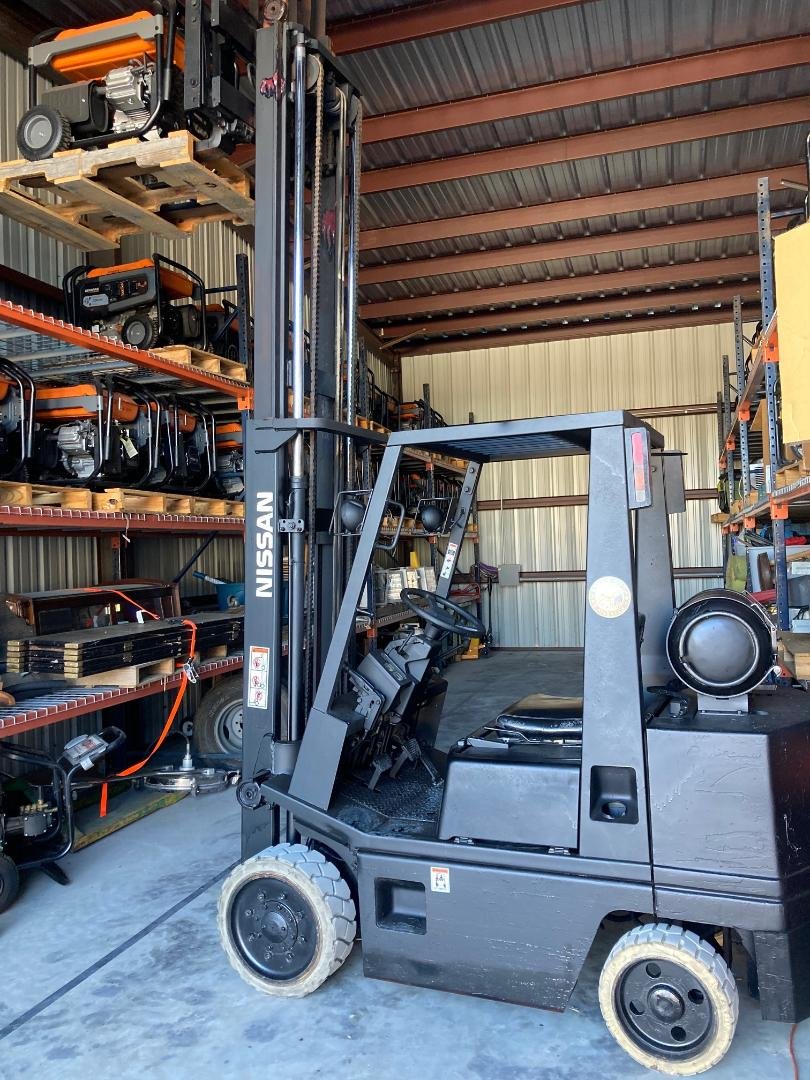

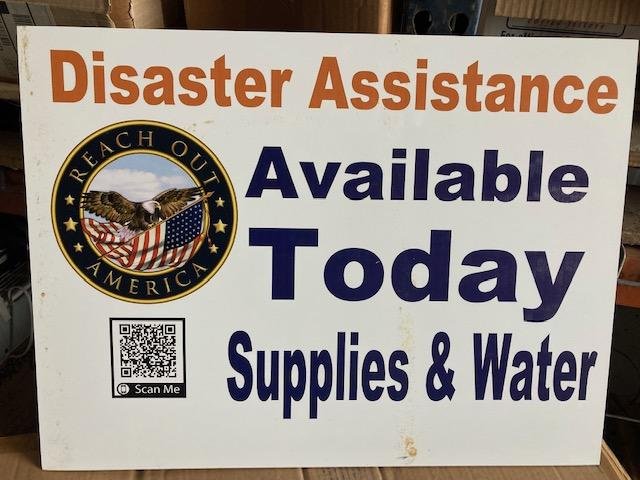
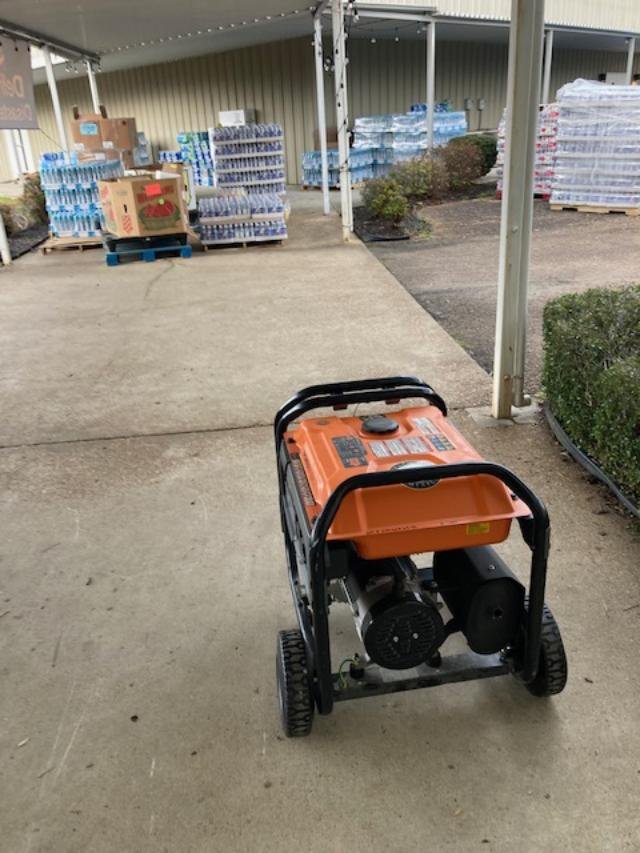
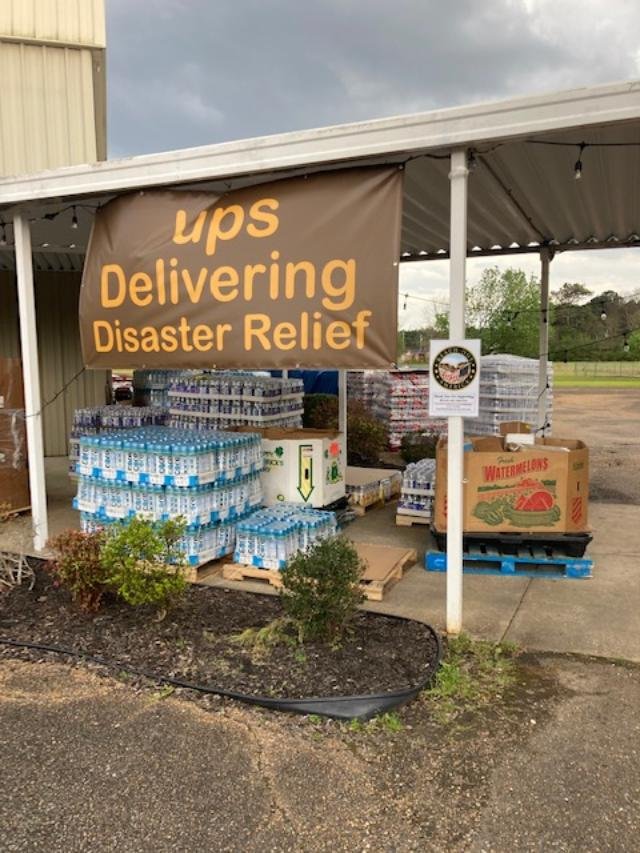
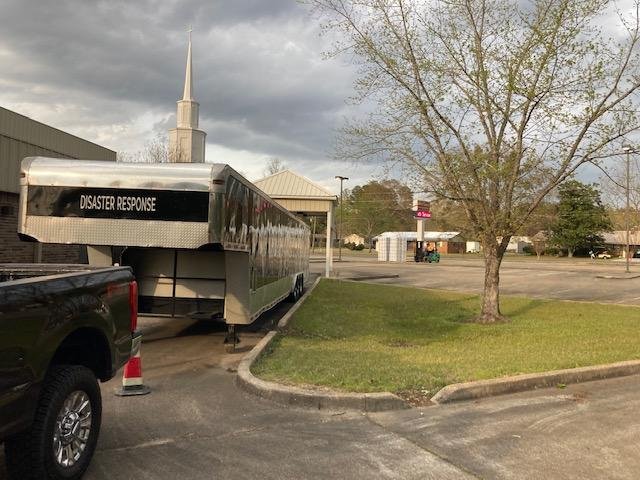
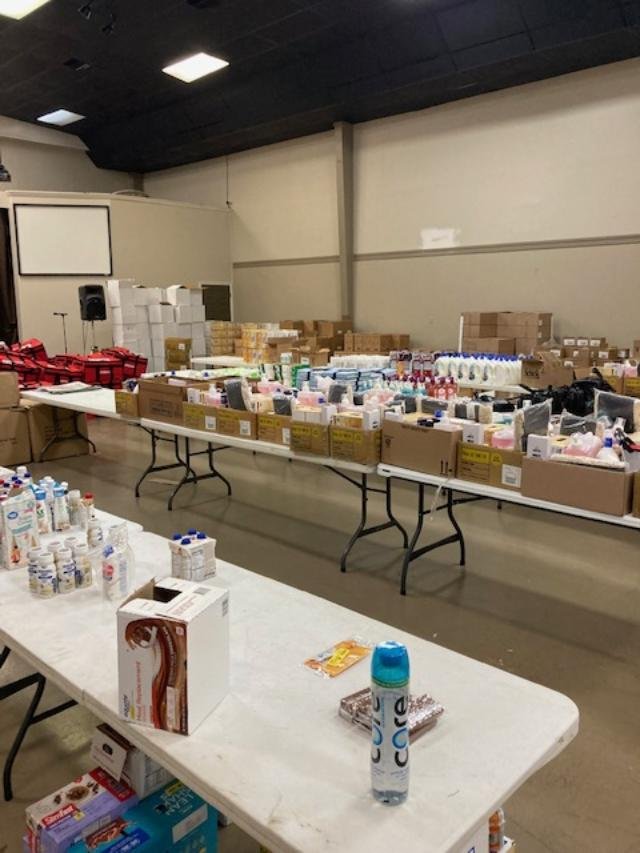
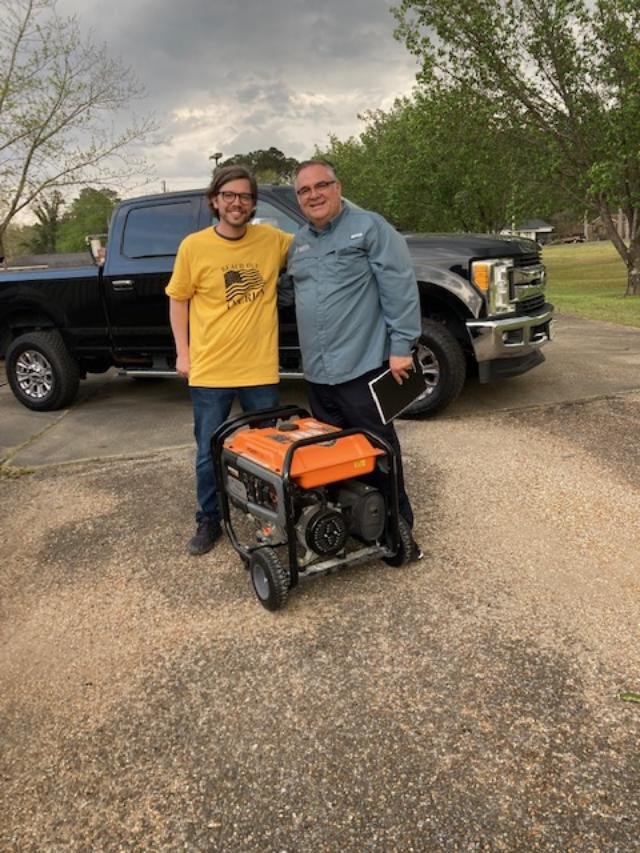
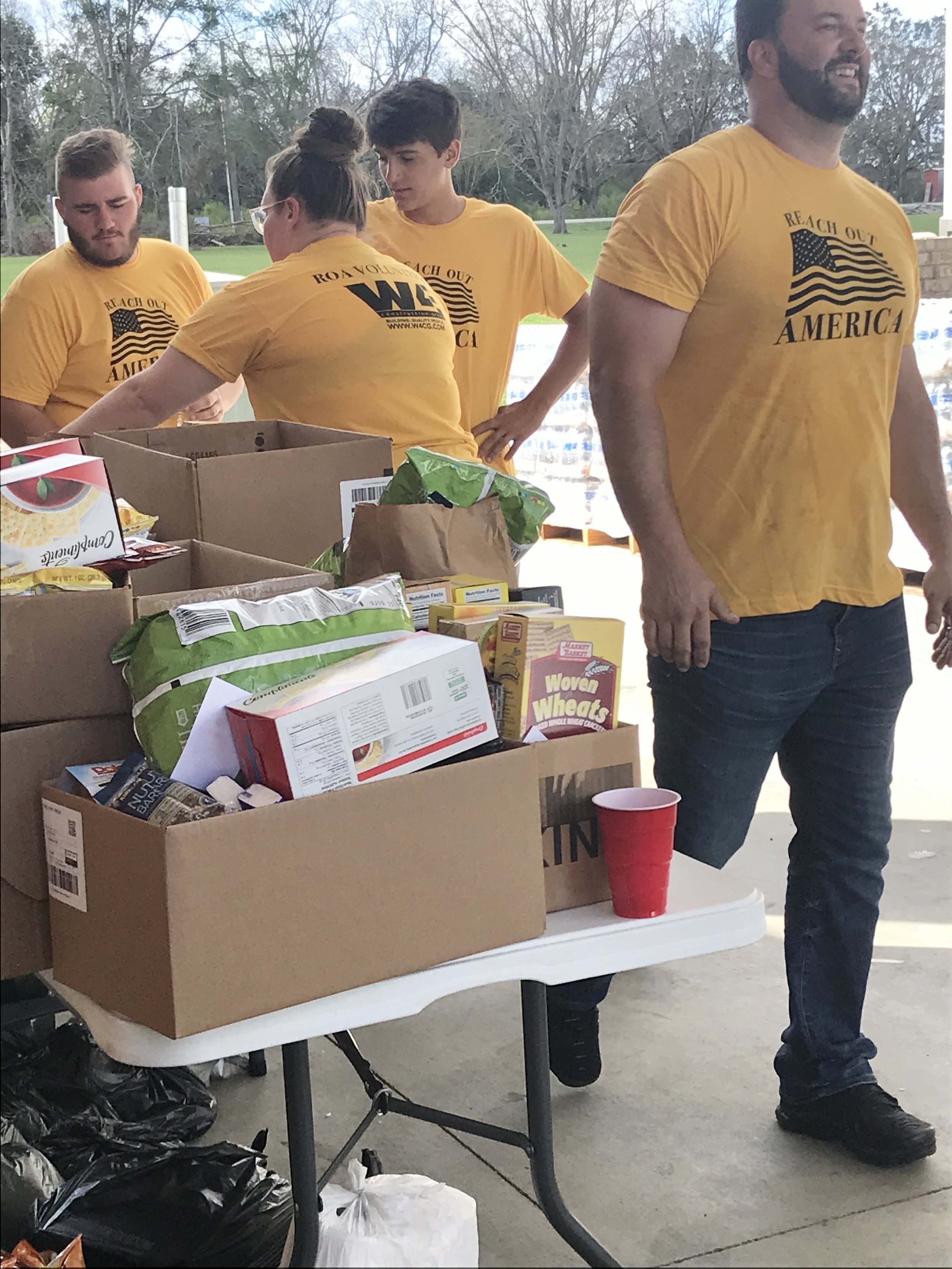
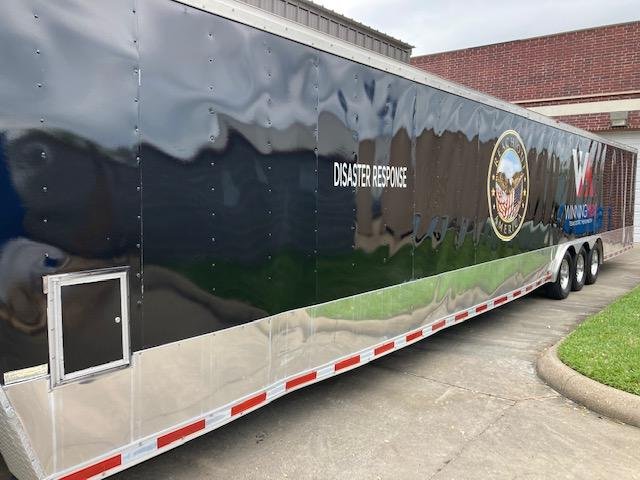
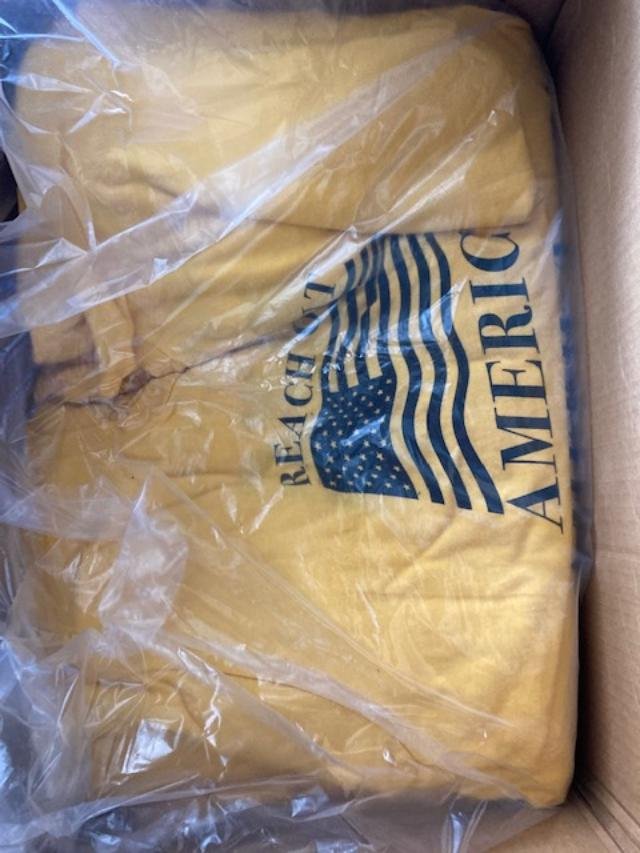
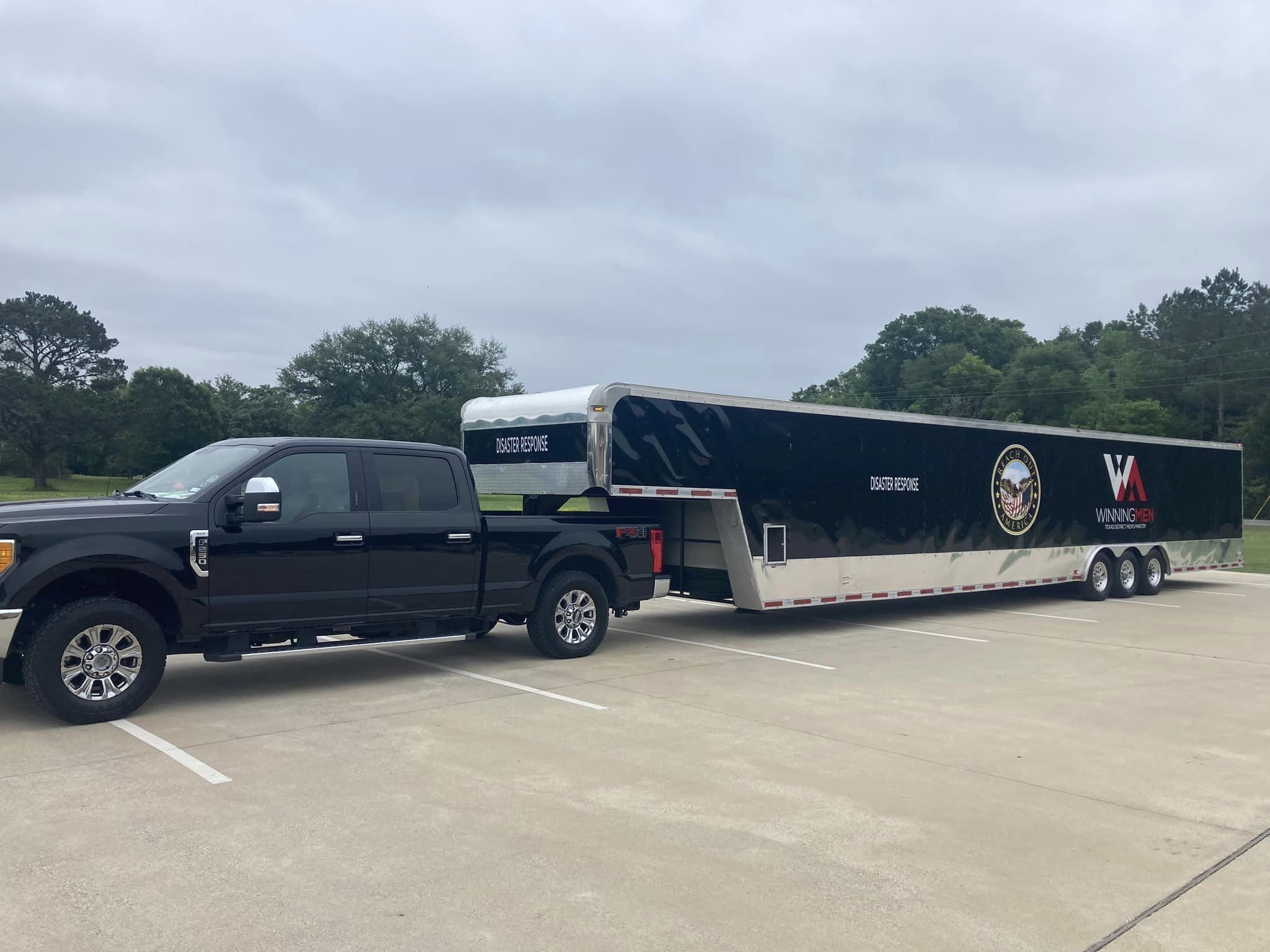
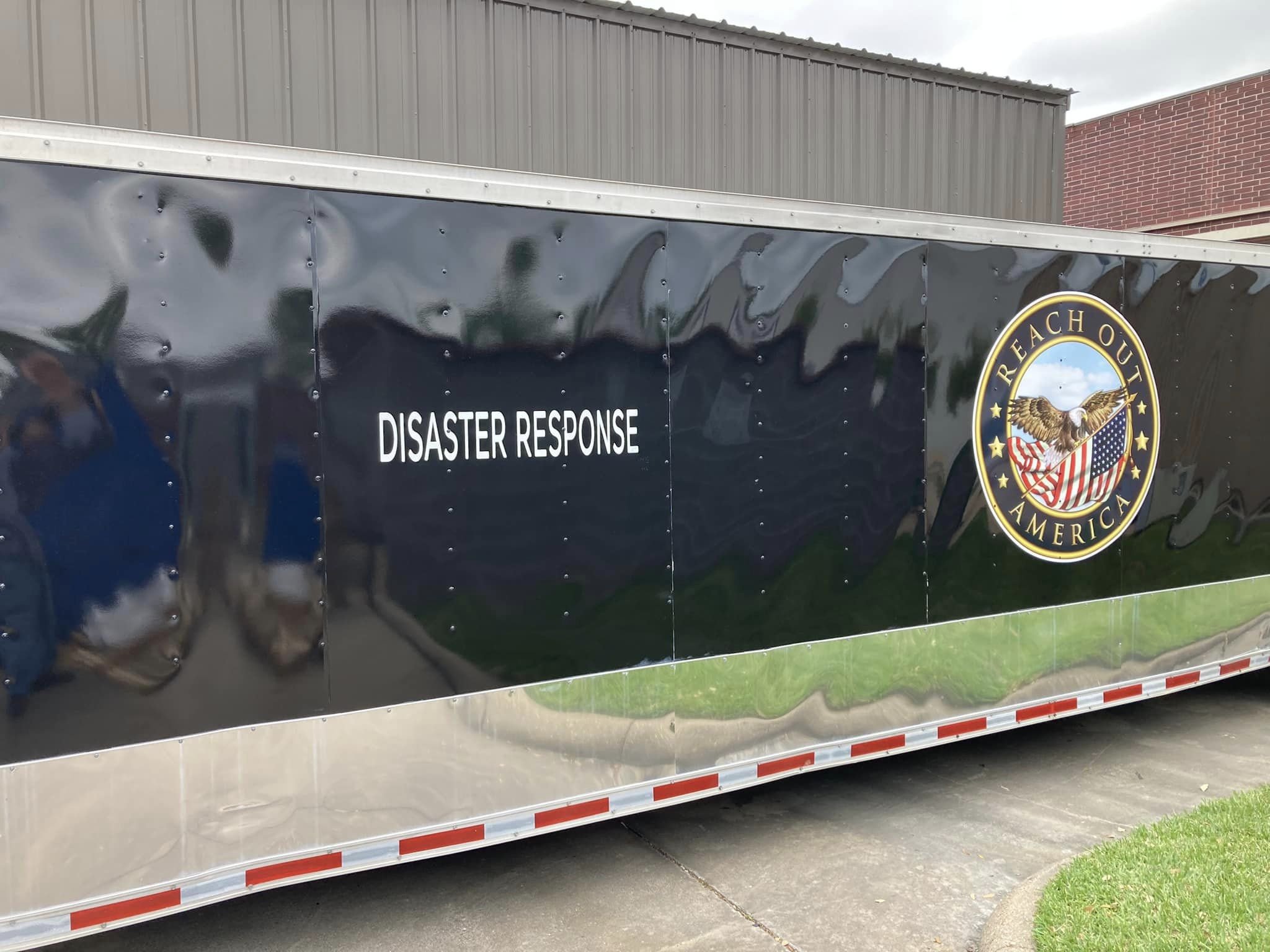

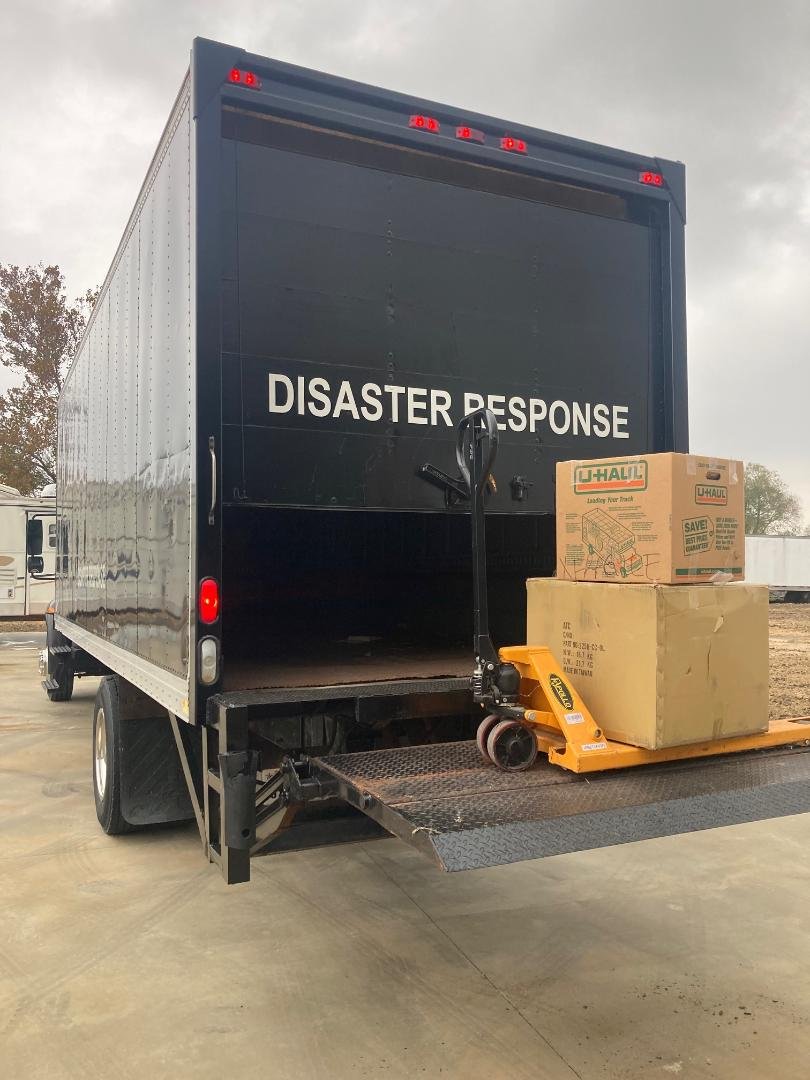

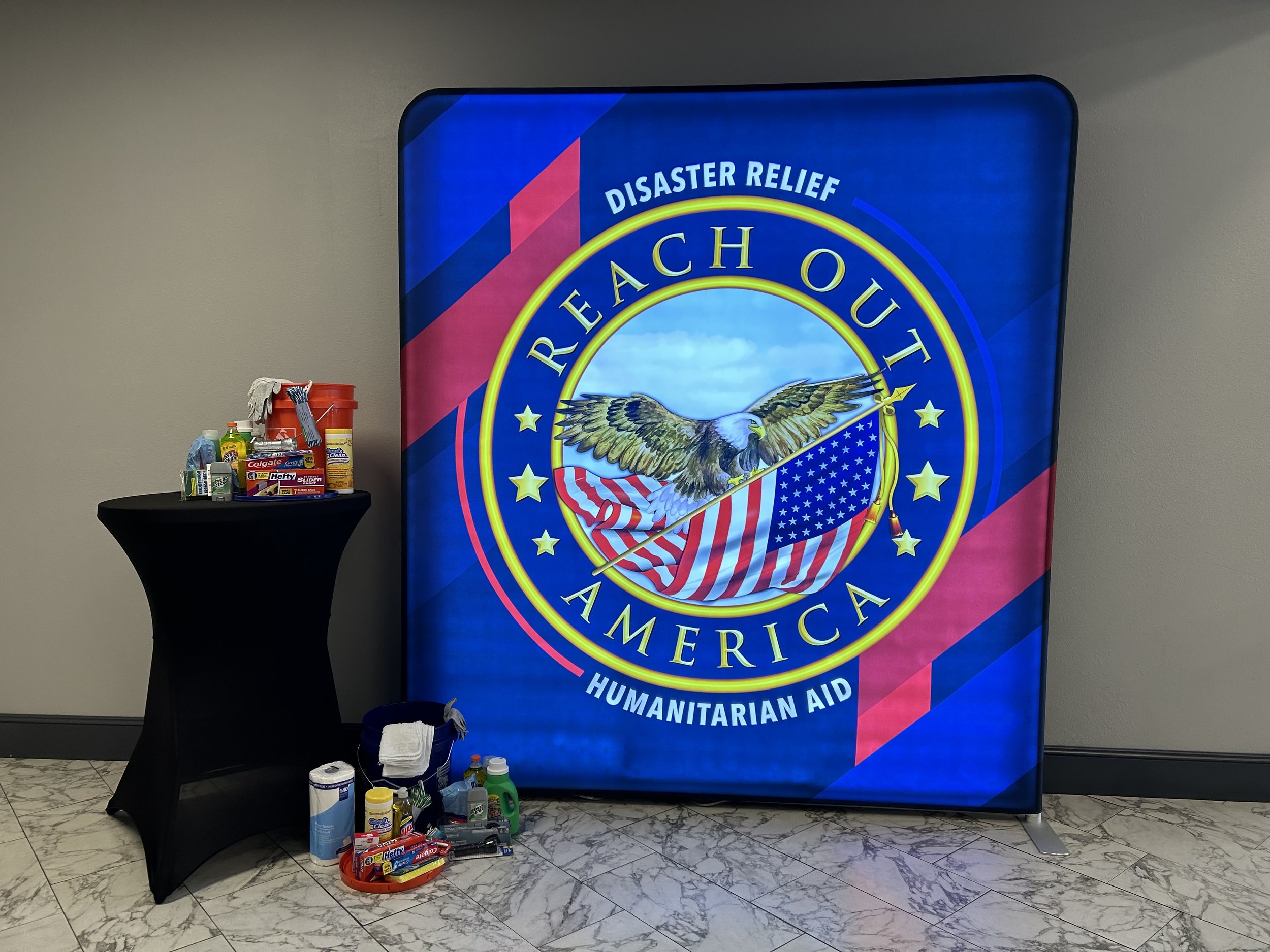
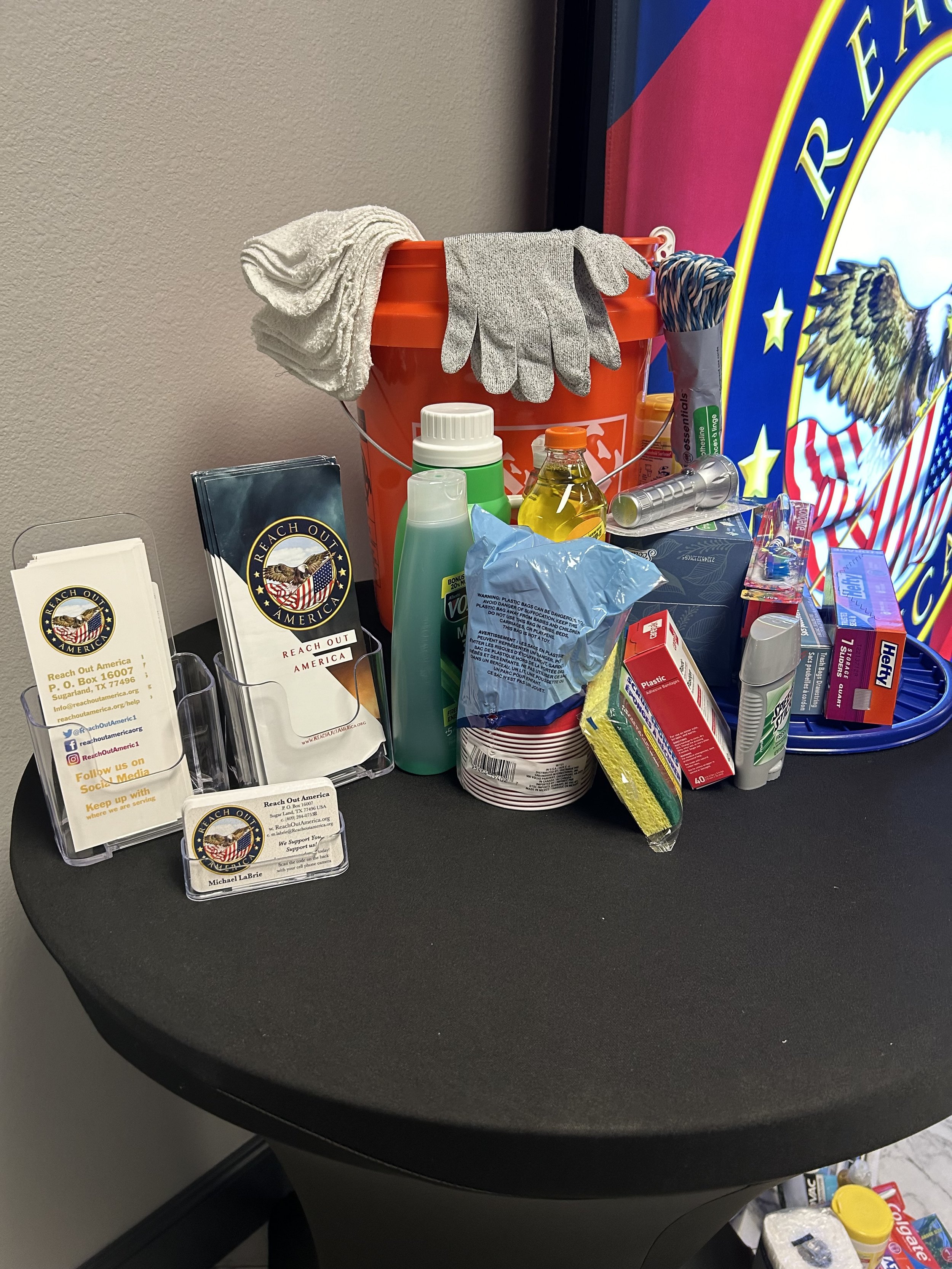
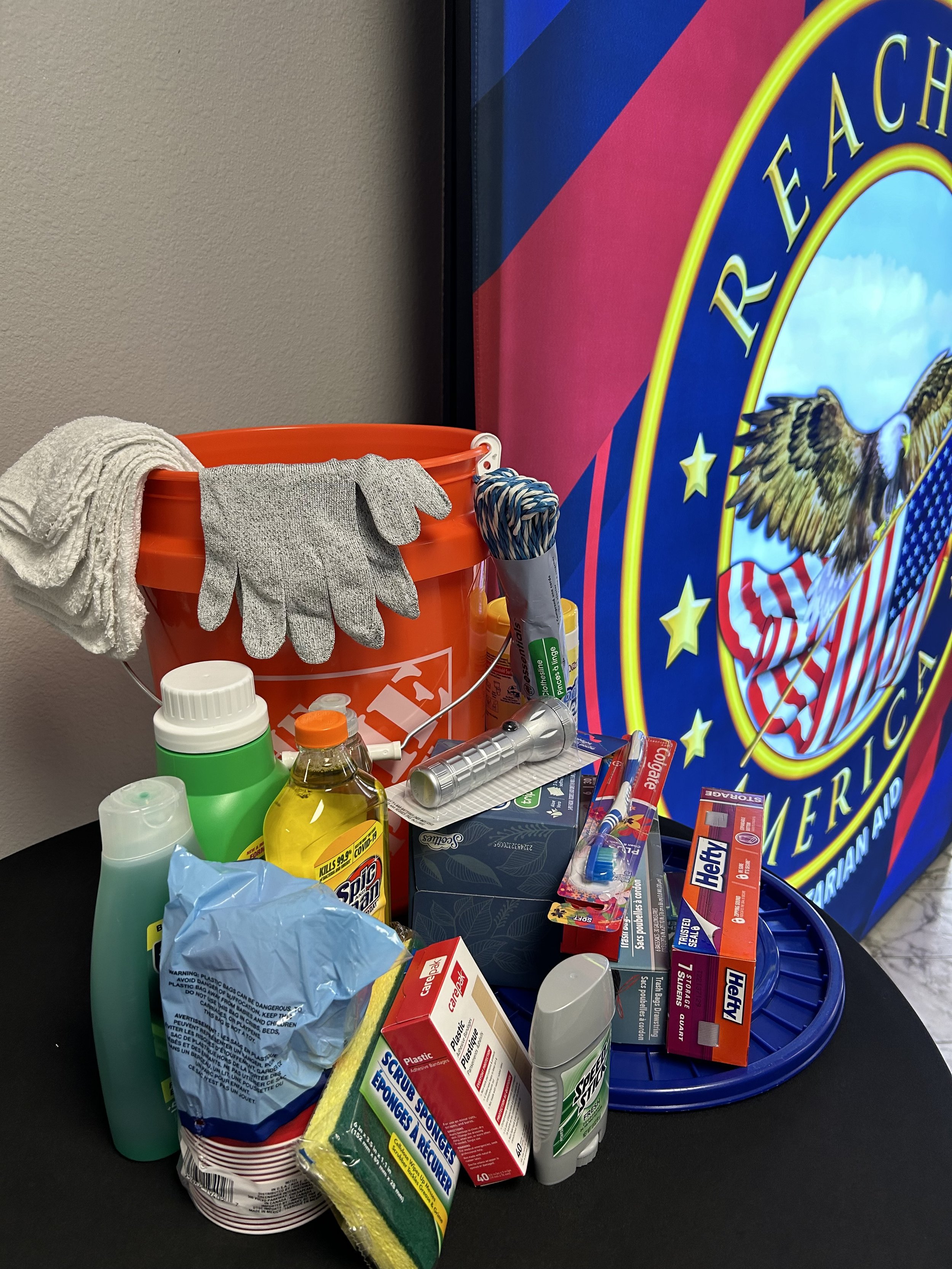
Disaster Action Phases with UPCI
PHASE 1- Preparation Phase
Awareness and preparation for looming disaster
PHASE 2 - Decision Phase
ROA & Local Partners decide to act and implement ROA Teams
PHASE 3- Action and Activity Phase
Team members activate to provide relief supplies and volunteers
Goals for disaster relief efforts:
Continual planning is imperative to success in disaster relief.
Organization and equipping people with the tools for success during disasters are wise before disasters to ensure the response is effective and well-managed.
Training must start within our districts so that we all have a common language and goals during disasters.
Mobilization of adequately trained people will propel the UPCI to the forefront of disaster relief. To mobilize is to be the feet and hands of Jesus to our fellow man reaping the uncommon harvest.
Continual evaluation of our efforts must be done by leadership within ROA and districts. Action plans will be completed after each disaster looking very objectively at what went wrong, what went right, and what improvements we need to make going forward.
